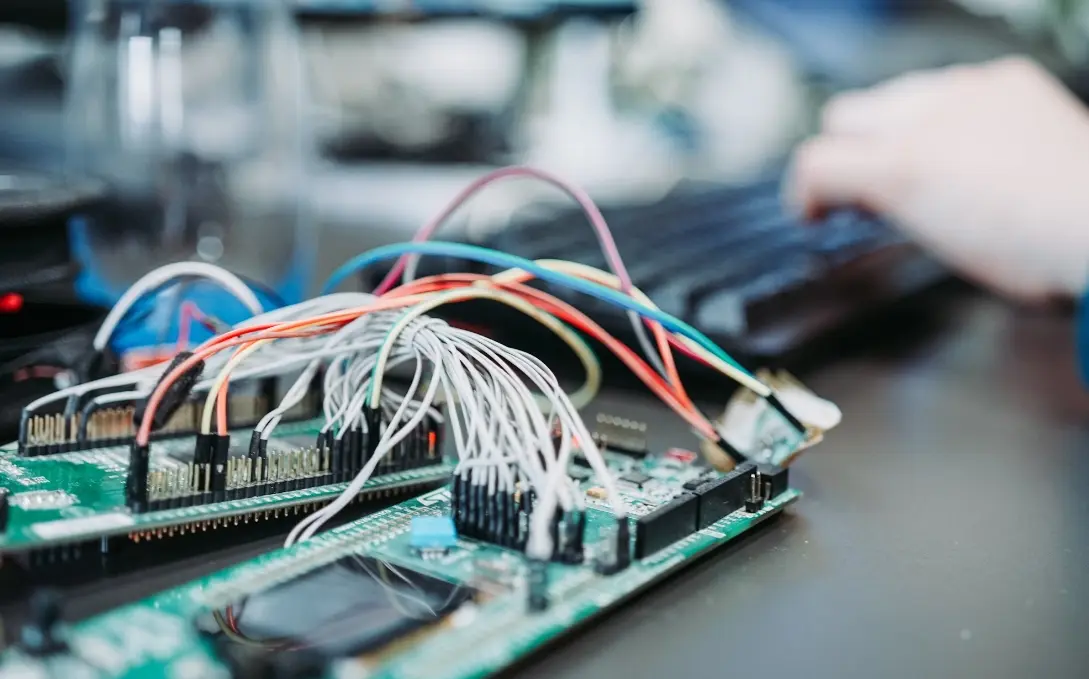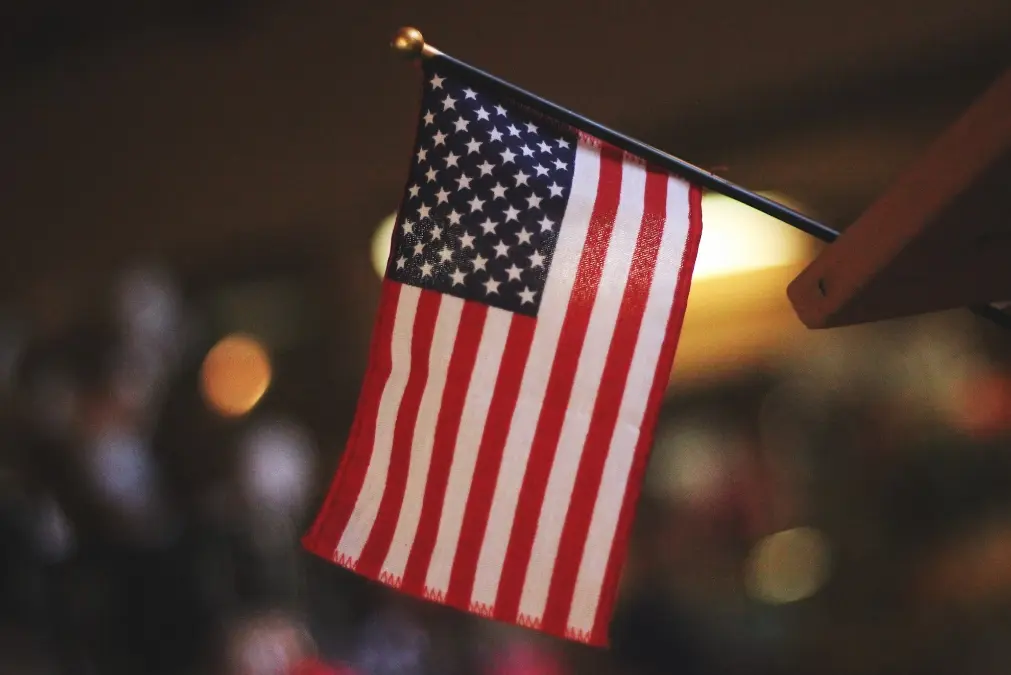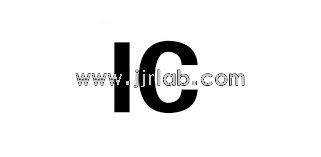
Walkie-Talkie FCC ID Certification Testing Standards
For products like walkie-talkies that are intended to be sold in the U.S. and other North American markets, the most common mandatory certification is the fcc certification, issued by the Federal Communications Commission (FCC). The main common certification standards for walkie-talkies according to the FCC include fcc part 15B, fcc part 90, FCC Part 95, and FCC OET65.
Among these, fcc part 15b mainly covers EMC (Electromagnetic Compatibility) testing. The testing procedure involves connecting the Equipment Under Test (EUT) to a spectrum analyzer through a sufficiently large attenuator, and setting an appropriate analysis bandwidth and measurement range for testing.

The FCC does not have specific limit requirements for this test. Generally, the power shoULd not exceed the product's rated power. In comparison, FCC Part 90 focuses on RF testing for professional walkie-talkies, while FCC Part 95 specifies the RF testing requirements for consumer walkie-talkies.
Regarding testing requirements for Specific Absorption Rate (SAR), the applicable standard is FCC OET65.
Audio Low-Frequency Filter Response Testing Limits:
a. For operating frequencies between 25MHz and 174MHz with a channel spacing of 20, 25, or 30 kHz, compliance is requiRED.
b. For operating frequencies between 406MHz and 512MHz with a channel spacing of 25 kHz, compliance is required.
c. For operating frequencies between 138MHz and 174MHz or 406MHz and 512MHz with a channel spacing of 12.5 or 15 kHz, compliance is required.
Additionally, it is important to note that the fcc certification for walkie-talkies may also involve testing requirements related to Specific Absorption Rate (SAR), which follows the FCC OET65 standard.
Email:hello@jjrlab.com
Write your message here and send it to us
 Accelerated Ageing Test
Accelerated Ageing Test
 IP Ingress Protection Testing
IP Ingress Protection Testing
 How Does a Product Get an Energy Star Label
How Does a Product Get an Energy Star Label
 Is ROHS part of UL the same
Is ROHS part of UL the same
 What is Protection Class EN 60529?
What is Protection Class EN 60529?
 IP69 Certified Protection
IP69 Certified Protection
 California Energy Commission Testing Lab
California Energy Commission Testing Lab
 What Does the Canadian IC Mark Mean?
What Does the Canadian IC Mark Mean?
Leave us a message
24-hour online customer service at any time to respond, so that you worry!




